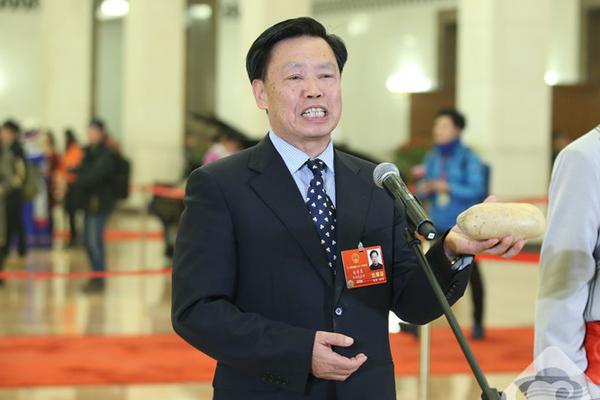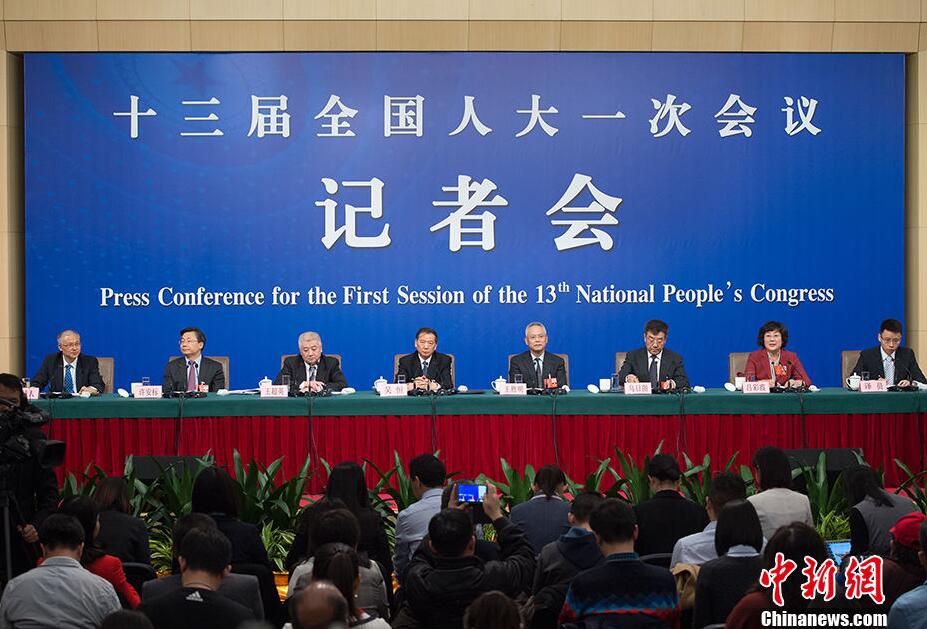
Short-term memory, long-term memory. Cognitive psychology regards memory as the process of coding, storing and extracting input information by the human brain. Memory is divided into three systems: instantaneous memory, short-term memory and long-term memory, which is based on the different ways of encoding, storing and extracting information, as well as the different length of information storage time.
What are the three memory systems: memory is also regarded as the process of the human brain encoding, storing and extracting input information, and according to the different ways of coding, storing and extracting information, as well as the different length of information storage time, memory is divided into instantaneous memory, short-term memory and long-term memory. A system.
What are the three memory systems? According to the different ways of encoding, storing and extracting information, and the different length of information storage time, memory is divided into three systems: instantaneous memory, short-term memory and long-term memory.
The three stages of memory are sensory memory, short-term memory and long-term memory. Sensory memory: Sensory memory refers to the information we receive through various sensory organs, such as vision, hearing, touch, taste and smell.
What are the three memory systems? According to the different ways of coding, storage and extraction of information, and the different length of information storage time, memory is divided into instantaneous memory, short-term memory and long-term memory. Remember the three systems.
The coding method of instantaneous memory, that is, the way instantaneous memory remembers information, is the image of external stimuli. Because the information of instantaneous memory is first registered in the sensory channel in the form of sensory images, instantaneous memory has a distinct image. The capacity of instantaneous memory is large, but the retention time is very short.
Perception is the cognitive process of giving meaning through information. ( 2) Working memory. It is the memory of processing and encoding information in the human brain within a minute. The holding time is about 5 seconds to 1 minute. Short-term memory also includes direct memory and working memory.

Weber's score), which is only applicable to medium-intensity stimuli, which is different from the Weber's score of sensory organs (2) Fechner's Law: 1860, using the differential threshold as the unit of sensation, a stimulus was measured. The difference threshold contained is believed to be the psychological intensity caused by this stimulus.
The concept of memory is the psychological process of accumulating, preserving and extracting individual experience in the mind.From storing into the brain to extracting and applying again, this complete process is collectively called memory.
Long-term memory refers to the memory maintained for more than a minute after external stimuli appear in a very short time. Features: The capacity of memory is unlimited, whether it is the type or quantity of information. Coding Semantic coding: Use words to process information and organize coding according to the meaning of the material.
Memory and memory process Definition: It is the reaction of past experience in the mind. Past experience refers to the perception of things, thinking about problems, the emotional experience caused by things, and the actions that have been carried out in the past. Function: It is the root of wisdom and the cornerstone of psychological development.
Binance login-APP, download it now, new users will receive a novice gift pack.
Short-term memory, long-term memory. Cognitive psychology regards memory as the process of coding, storing and extracting input information by the human brain. Memory is divided into three systems: instantaneous memory, short-term memory and long-term memory, which is based on the different ways of encoding, storing and extracting information, as well as the different length of information storage time.
What are the three memory systems: memory is also regarded as the process of the human brain encoding, storing and extracting input information, and according to the different ways of coding, storing and extracting information, as well as the different length of information storage time, memory is divided into instantaneous memory, short-term memory and long-term memory. A system.
What are the three memory systems? According to the different ways of encoding, storing and extracting information, and the different length of information storage time, memory is divided into three systems: instantaneous memory, short-term memory and long-term memory.
The three stages of memory are sensory memory, short-term memory and long-term memory. Sensory memory: Sensory memory refers to the information we receive through various sensory organs, such as vision, hearing, touch, taste and smell.
What are the three memory systems? According to the different ways of coding, storage and extraction of information, and the different length of information storage time, memory is divided into instantaneous memory, short-term memory and long-term memory. Remember the three systems.
The coding method of instantaneous memory, that is, the way instantaneous memory remembers information, is the image of external stimuli. Because the information of instantaneous memory is first registered in the sensory channel in the form of sensory images, instantaneous memory has a distinct image. The capacity of instantaneous memory is large, but the retention time is very short.
Perception is the cognitive process of giving meaning through information. ( 2) Working memory. It is the memory of processing and encoding information in the human brain within a minute. The holding time is about 5 seconds to 1 minute. Short-term memory also includes direct memory and working memory.

Weber's score), which is only applicable to medium-intensity stimuli, which is different from the Weber's score of sensory organs (2) Fechner's Law: 1860, using the differential threshold as the unit of sensation, a stimulus was measured. The difference threshold contained is believed to be the psychological intensity caused by this stimulus.
The concept of memory is the psychological process of accumulating, preserving and extracting individual experience in the mind.From storing into the brain to extracting and applying again, this complete process is collectively called memory.
Long-term memory refers to the memory maintained for more than a minute after external stimuli appear in a very short time. Features: The capacity of memory is unlimited, whether it is the type or quantity of information. Coding Semantic coding: Use words to process information and organize coding according to the meaning of the material.
Memory and memory process Definition: It is the reaction of past experience in the mind. Past experience refers to the perception of things, thinking about problems, the emotional experience caused by things, and the actions that have been carried out in the past. Function: It is the root of wisdom and the cornerstone of psychological development.
OKX Wallet app download for Android
author: 2025-01-23 04:37 Binance exchange
Binance exchange
958.71MB
Check Binance download Android
Binance download Android
794.32MB
Check OKX Wallet download
OKX Wallet download
232.26MB
Check Okx app download
Okx app download
222.33MB
Check Binance wallet
Binance wallet
465.37MB
Check OKX Wallet download
OKX Wallet download
124.35MB
Check OKX Wallet
OKX Wallet
911.19MB
Check Binance app
Binance app
366.49MB
Check OKX Wallet apk download
OKX Wallet apk download
897.91MB
Check Binance market
Binance market
898.14MB
Check Binance app download Play Store
Binance app download Play Store
137.64MB
Check Binance APK
Binance APK
153.83MB
Check OKX Wallet apk download
OKX Wallet apk download
786.94MB
Check Binance wallet
Binance wallet
719.14MB
Check OKX Wallet Sign up
OKX Wallet Sign up
121.87MB
Check Binance wallet
Binance wallet
968.58MB
Check OKX Wallet
OKX Wallet
623.33MB
Check OKX Wallet app
OKX Wallet app
946.66MB
Check Binance download Android
Binance download Android
726.87MB
Check OKX Wallet APK
OKX Wallet APK
284.85MB
Check Binance app download Play Store
Binance app download Play Store
617.62MB
Check Okx app download
Okx app download
951.75MB
Check OKX Wallet to exchange
OKX Wallet to exchange
342.34MB
Check Binance app
Binance app
273.96MB
Check Binance download
Binance download
856.62MB
Check Binance login
Binance login
796.49MB
Check Binance Download for PC
Binance Download for PC
685.81MB
Check Binance app download Play Store
Binance app download Play Store
738.79MB
Check OKX Wallet to exchange
OKX Wallet to exchange
912.64MB
Check Binance download
Binance download
564.15MB
Check OKX download
OKX download
693.39MB
Check Binance download APK
Binance download APK
495.42MB
Check Binance wikipedia
Binance wikipedia
197.89MB
Check OKX Wallet APK
OKX Wallet APK
981.96MB
Check Binance wikipedia
Binance wikipedia
489.25MB
Check Binance login App
Binance login App
224.79MB
Check
Scan to install
Binance login to discover more
Netizen comments More
2654 铁郭金城网
2025-01-23 06:54 recommend
2176 不复堪命网
2025-01-23 06:28 recommend
2184 好逸恶劳网
2025-01-23 06:19 recommend
1612 改换门楣网
2025-01-23 05:49 recommend
2385 云交雨合网
2025-01-23 05:18 recommend